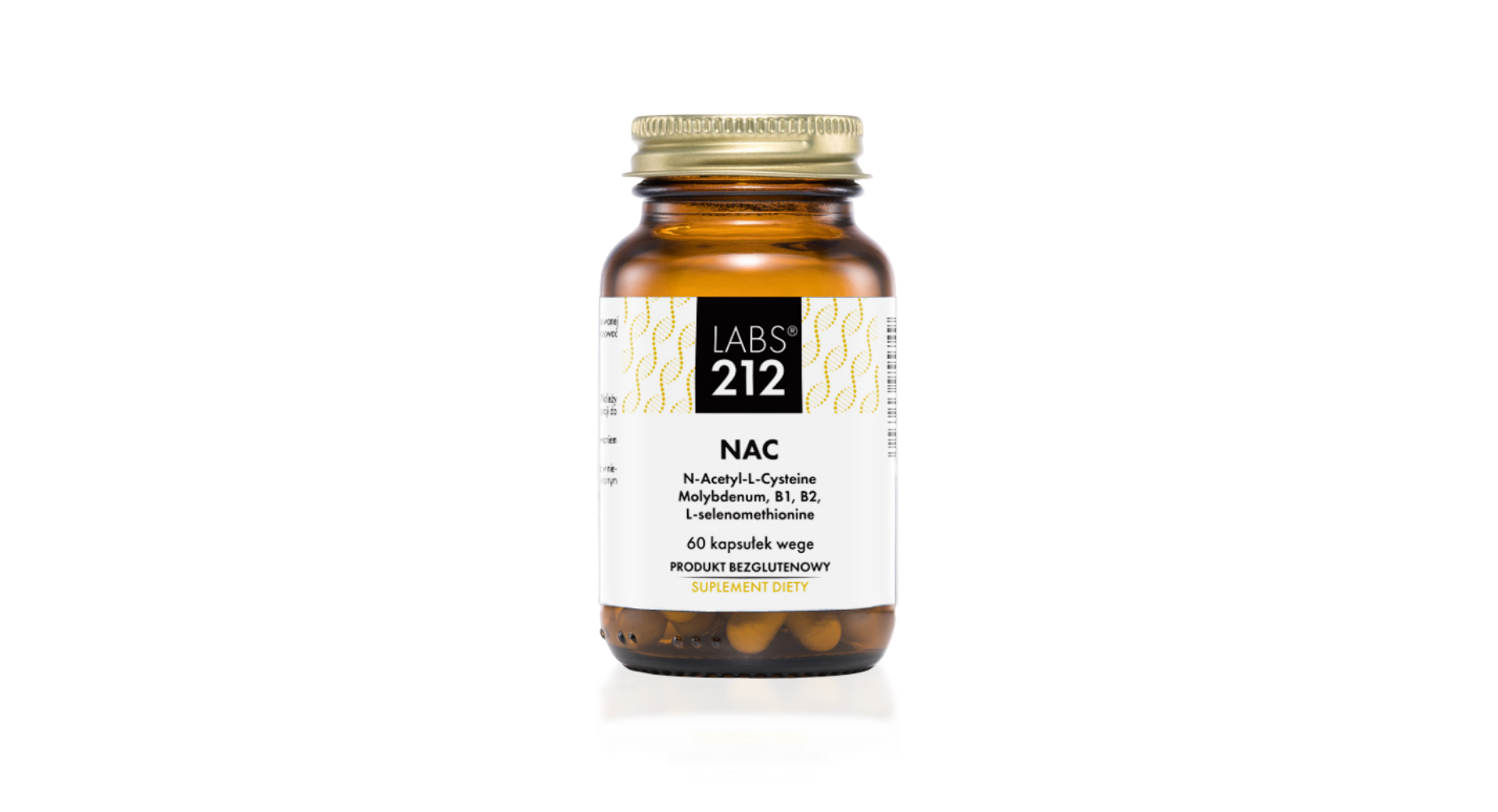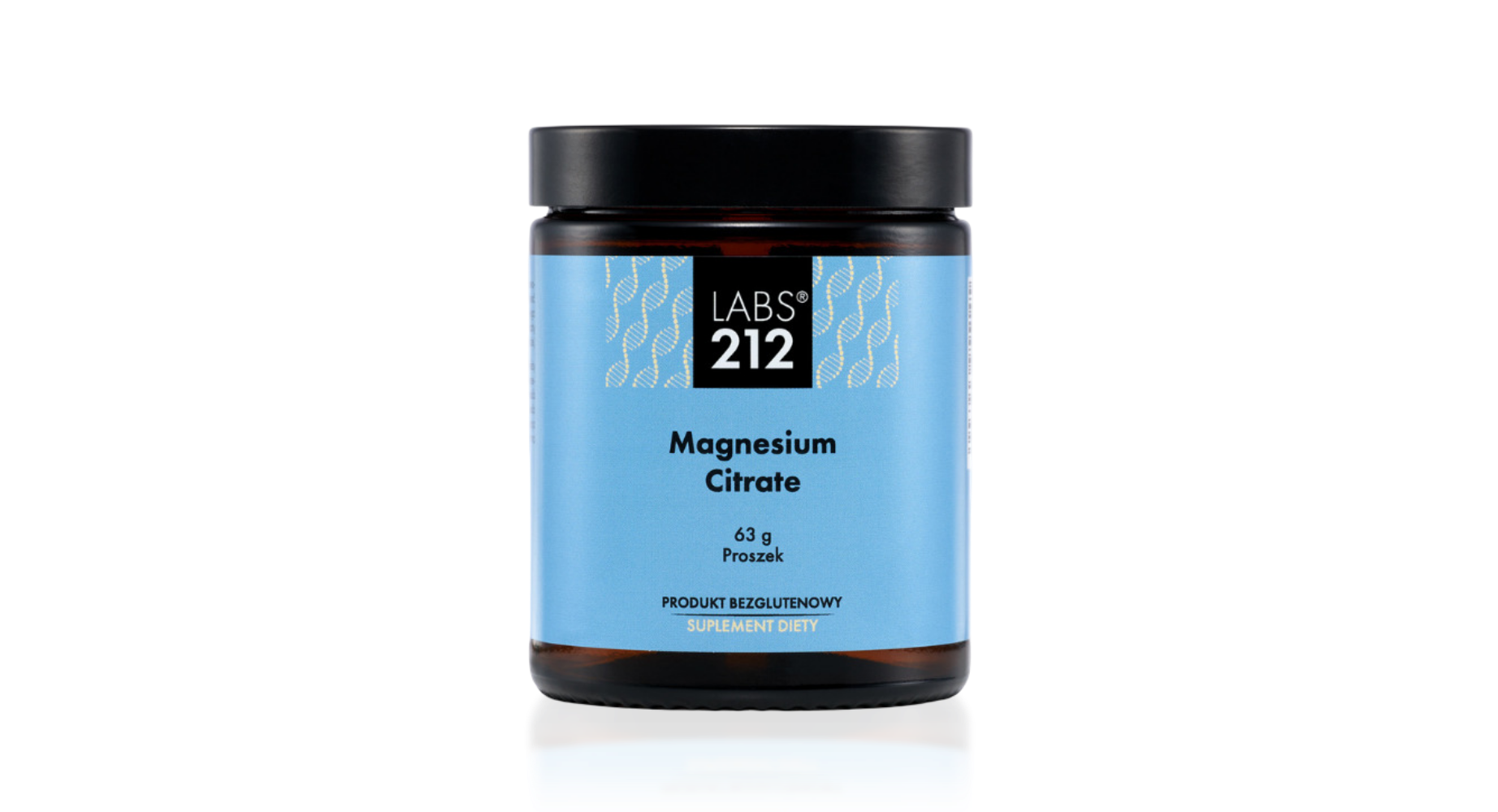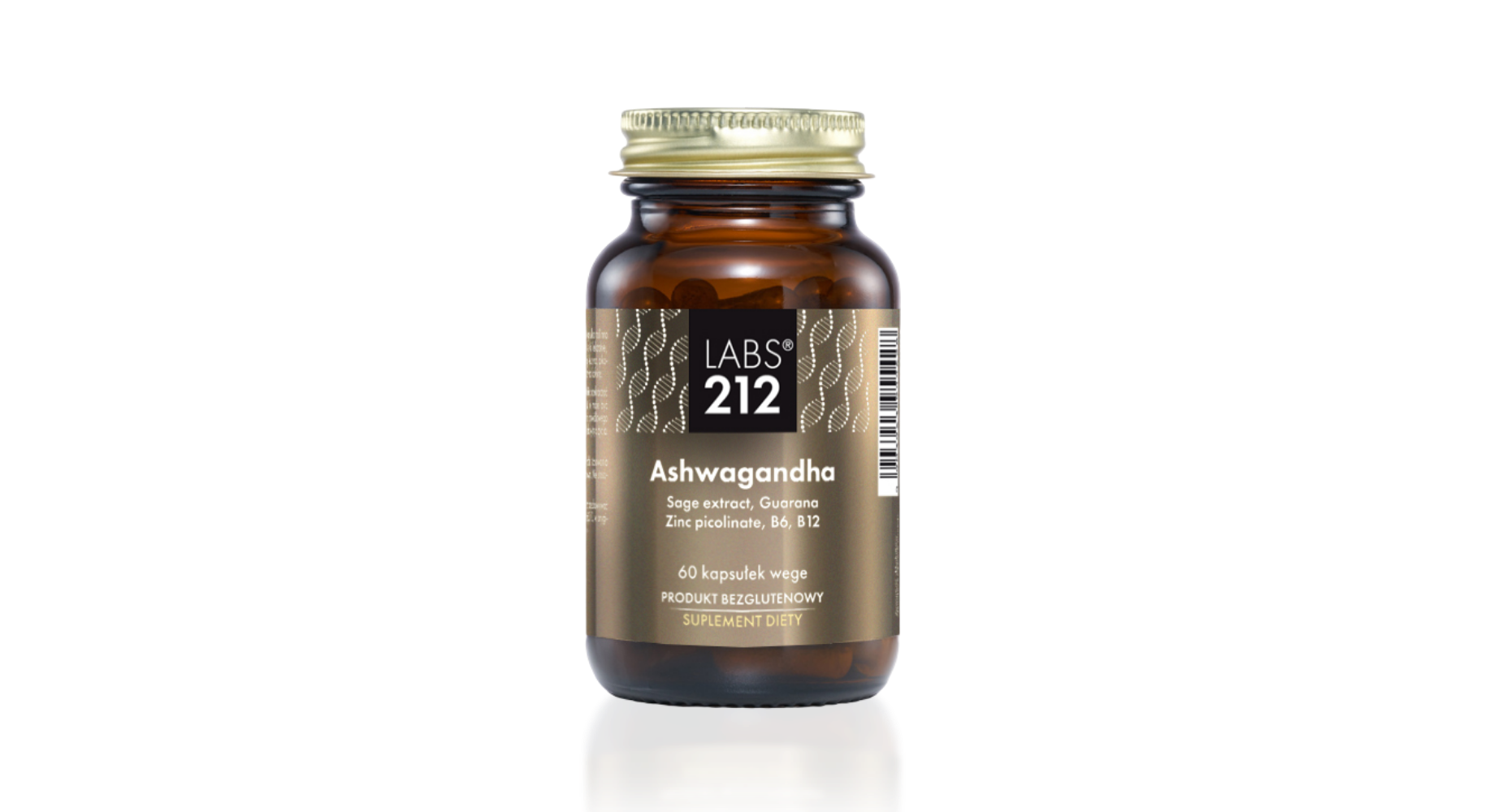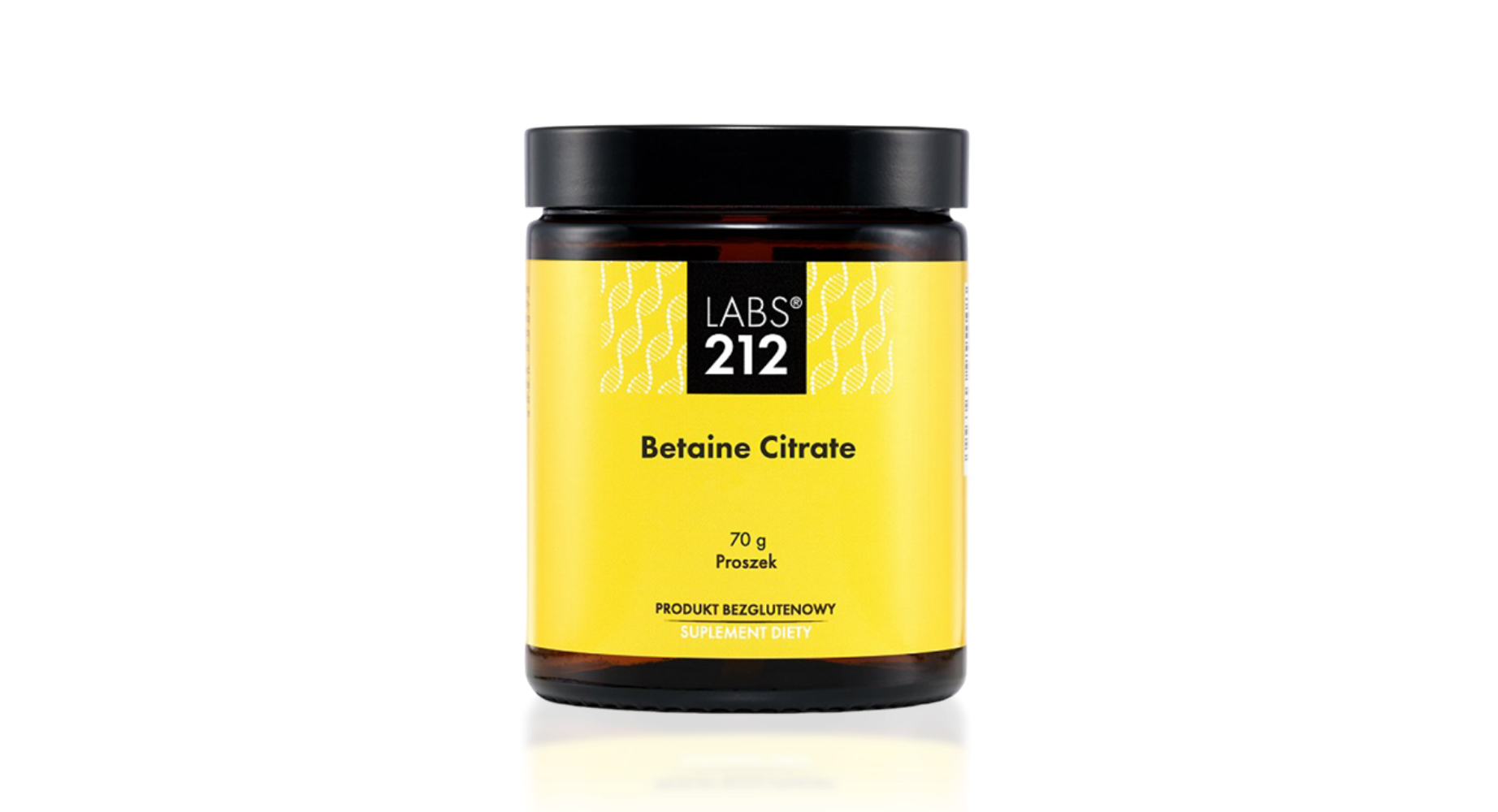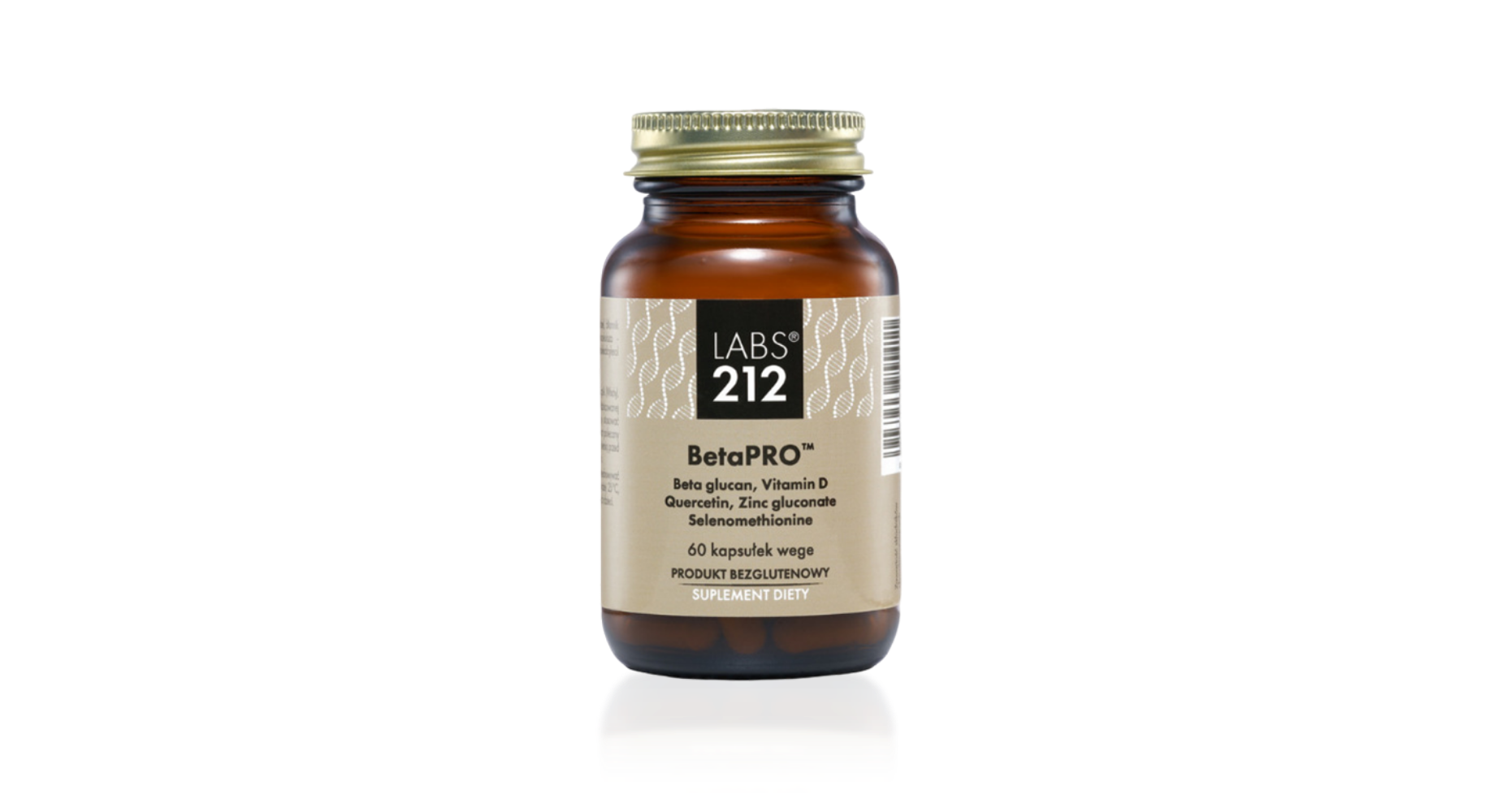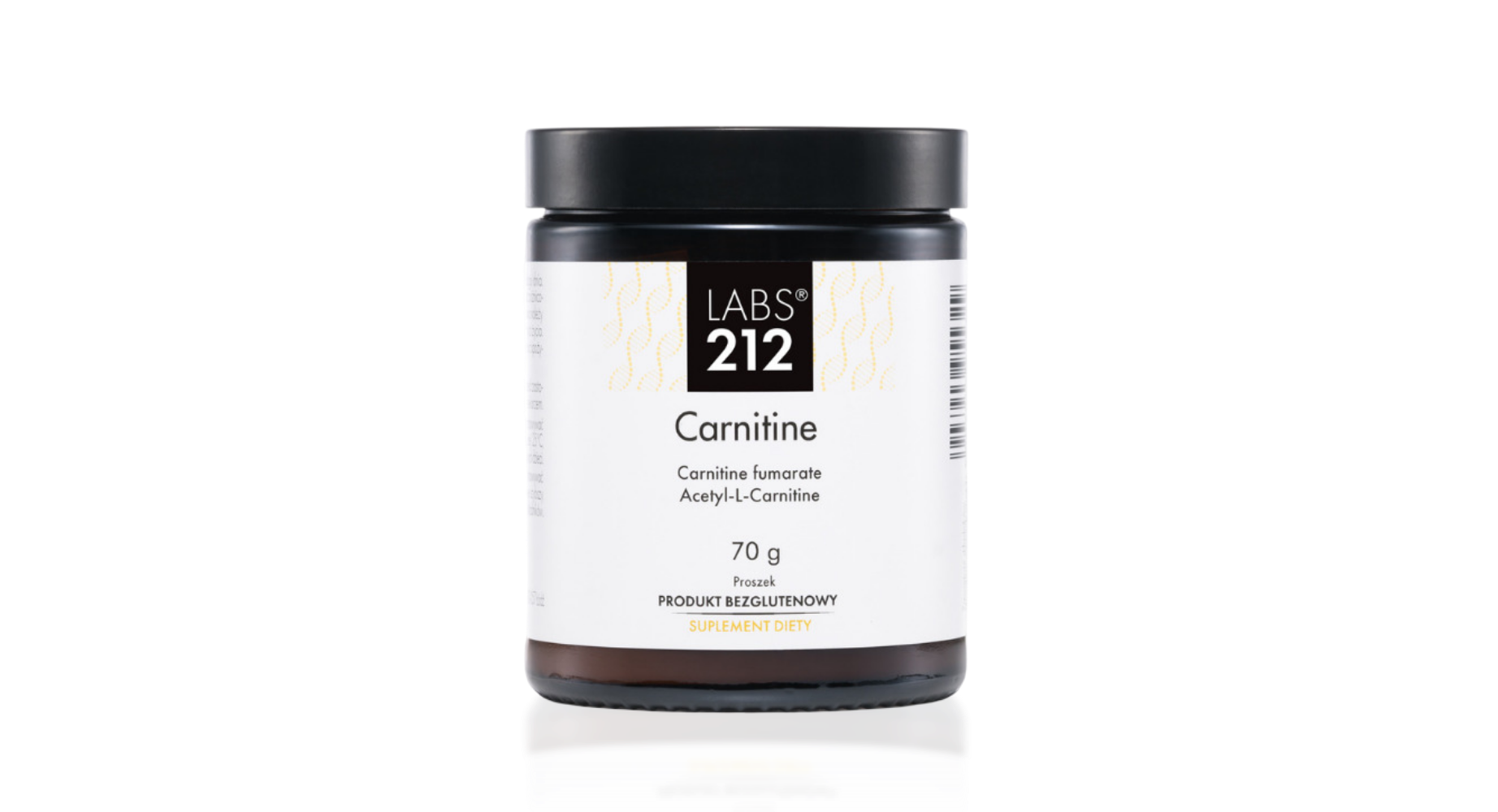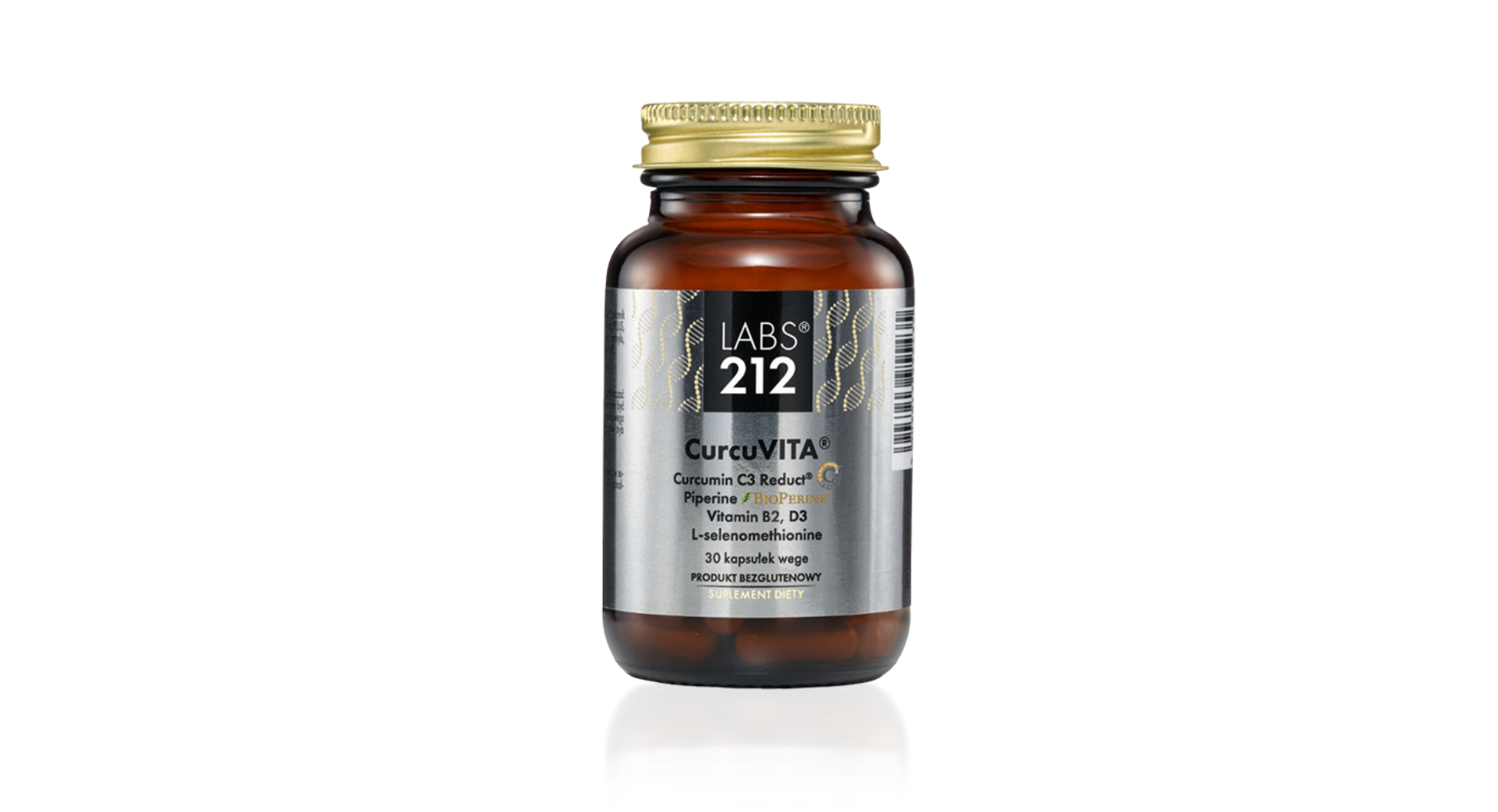Safe shopping guarantee. You will receive your product or your money back. See details
Dietary supplement
NAC
Strong antioxidant support
A combination of ingredients that support glutathione production
In a daily dose of 600 mg NAC
Tested microbiologically, for heavy metals and ethylene oxide
Quantity: 60 capsules / 30 daily servings
Best before: 09.2027
Notified to GIS (Poland): BZ/SD/POW/PL1000D/007677/2024, BLOZ: 8151871
Encapsulated and manufactured in Poland
96 in stock
Price per piece: 1,33 zł


Previous lowest price was 79,99 zł.
Strong antioxidant support. Combination of ingredients that support glutathione production. 600 mg NAC per daily dose.
Dietary supplement
NAC
Strong antioxidant support
A combination of ingredients that support glutathione production
In a daily dose of 600 mg NAC
Tested microbiologically, for heavy metals and ethylene oxide
Quantity: 60 capsules / 30 daily servings
Best before: 09.2027
Notified to GIS (Poland): BZ/SD/POW/PL1000D/007677/2024, BLOZ: 8151871
Encapsulated and manufactured in Poland
96 in stock
Previous lowest price was 79,99 zł.
Price per piece: 1,33 zł


Safe shopping guarantee. You will receive your product or your money back. See details
NAC is a dietary supplement provided in vegan capsules containing N-Acetyl-L-Cysteine, molybdenum, vitamin B1 in the active form of thiamine pyrophosphate, vitamin B2 in the form of 5′-riboflavin phosphate and L-selenomethionine.
N-Acetyl-L-Cysteine is a derivative of the endogenous amino acid – cysteine. NAC is a precursor of glutathione, thanks to which it has a strong antioxidant effect. The combination of NAC with molybdenum and selenium can bring synergistic health benefits for protection against oxidative stress and for supporting the immune system. These three substances can work together to increase the production and efficiency of glutathione.
Molybdenum:
- contributes to the proper metabolism of sulfur amino acids,
- protects DNA, proteins and lipids against oxidative damage
Vitamin B1 thiamine:
- helps maintain normal mental functions,
- contributes to maintaining normal energy metabolism,
- helps to maintain normal functioning of the nervous system,
- helps to maintain normal functioning of the heart.
Vitamin B2 riboflavin:
- helps to maintain normal functioning of the nervous system,
- contributes to maintaining normal iron metabolism,
- helps to protect cells from oxidative stress,
- contributes to maintaining normal energy metabolism,
- helps to maintain normal condition of mucous membranes and helps to maintain healthy skin,
- helps to maintain normal vision,
- helps to maintain normal condition of red blood cells,
- contributes to reducing the feeling of tiredness and fatigue.
Selenium:
- contributes to the proper functioning of the immune system,
- contributes to protecting cell elements from oxidative damage,
- contributes to the proper functioning of the thyroid gland,
- contributes to maintaining normal condition of hair and nails.
| Ingredient | Amount per daily serving 2 capsules |
|
| N-Acetyl-L-Cysteine | 600 mg | – |
| Sodium molybdate (VI) | 200 mcg | 400%DV* |
| Vitamin B1 (Thiamine as thiamine pyrophosphate chloride) |
10 mg | 910% DV* |
| Vitamin B2 (Riboflavin as Riboflavin 5′-Sodium Phosphate) |
2 mg | 143% DV* |
| L-selenomethionine | 50 mcg | 90% DV* |
| Acacia Fiber | 24,5 mg | – |
| L-Leucine | 10 mg | – |
*DV – Daily Value
Ingredients: N-Acetyl-L-Cysteine, hydroxypropylmethylcellulose – Vcaps®PLUS vegetable capsule, acacia fiber, L-Leucine, thiamine pyrophosphate chloride, L-selenomethionine, sodium molybdate, riboflavin-5′-phosphate monosodium salt.
Gluten-free.
Servings per container: 60 vegan capsules.
Take 2 capsules daily.
Do not exceed suggested use. Dietary supplements should not replace a varied diet. The product is recommended for adults.
Warning: if pregnant or nursing, consult your doctor before use.
Capsule size: 1 (19 mm in length).
Organoleptic properties: after pouring out of the capsule, a powder with a bitter aftertaste. The product has a specific, unpleasant smell.
Keep away from the sun at a temperature below 25°C in the original packaging, out of reach of small children.
Production lot number / Best before – see the unit label (left side of the label).
Batch tests performed towards:
- Microbiology: the presence of listeria, staphylococcus, Escherichia coli and coli groups, salmonella, total microbial count,
- heavy metals (arsenic, cadmium, lead, mercury),
- ethylene oxide and 2-chloroethanol,
- gluten content.
The tests were carried out at the independent, accredited Laboratorium GBA Polska – Certificates of Accreditation no: AB 1095.


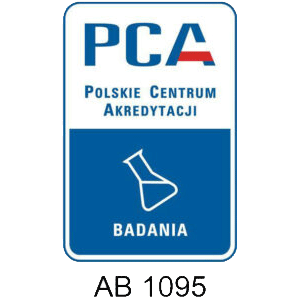
NAC - Antioxidant support
Antioxidation is the process of neutralizing free radicals, or reactive oxygen species (ROS) and other reactive molecules that can damage cells, proteins and DNA. Free radicals are a natural byproduct of metabolic processes occurring in the body, while their excess and lack of degradation lead to oxidative stress. Oxidative stress is a major factor in cell aging and the aging of the body.
Antioxidation and its mechanism of action:
Free radicals are molecules characterized by the presence of one or more unpaired electrons, which makes them reactive and capable of damaging cellular structures. Free radicals are formed as a result of normal metabolic processes, but also under the influence of external factors such as improper nutrition, stress, environmental pollution, smog, UV radiation.
Antioxidants are substances that can neutralize free radicals. This happens through the process of adding an electron to reactive forms, contributing to their stabilization, which prevents further cell damage.
Antioxidants are divided into:
Endogenous antioxidants, produced by the body itself,
Exogenous antioxidants, supplied from the outside with food and supplementation.
Enzymatic antioxidants:
Superoxide dismutase (SOD). Its role is to convert superoxide anion radicals to hydrogen peroxide.
Catalase, whose task is to convert hydrogen peroxide into water and oxygen.
Glutathione peroxidase. With the help of glutathione, it reduces lipid peroxides and hydrogen peroxide.
Non-enzymatic antioxidants:
Vitamins: vitamin C (ascorbic acid), vitamin E (tocopherol), vitamin A (retinol) and beta-carotene.
Polyphenols: flavonoids, resveratrol, quercetin.
Minerals: selenium, zinc, manganese.
Endogenous substances: glutathione, alpha lipoic acid, coenzyme Q10.
Why is antioxidation important?
Antioxidants protect cells from damage caused by free radicals, which helps maintain health and prevent disease. Reducing oxidative stress can help reduce the risk of heart disease, cancer, diabetes, neurodegenerative diseases (e.g. Parkinson’s disease, Alzheimer’s disease). Antioxidants can slow down the aging process of cells, which consequently affects the better condition of the skin, hair and the overall efficiency of the body. Increasing the level of antioxidants in the body supports the functioning of the immune system.
N-Acetyl-L-Cysteine (NAC) is a so-called glutathione precursor, one of the most important antioxidants in the body. Glutathione (GSH) is a tripeptide consisting of three amino acids: glutamine, cysteine and glycine. Its main role is to neutralize free radicals and regenerate other antioxidants, such as vitamins C and E.
NAC and glutathione synthesis:
NAC is a source of cysteine, a key amino acid necessary for the synthesis of glutathione.
It contributes to increasing the level of GSH – through cysteine, NAC supports the synthesis of glutathione, which increases its cellular level. Higher levels of glutathione support the body’s ability to detoxify and protect against oxidative stress.
It takes part in the detoxification process – through the synthesis of glutathione, which is necessary for neutralizing toxic metabolites.
Supports the functioning of the immune system.
How NAC works:
NAC is converted in the body to cysteine, one of the three amino acids needed to synthesize glutathione. Cysteine is often a blocking factor in glutathione production because its availability from the diet is very limited (compared to glutamine and glycine).
Glutathione synthesis:
Cysteine provided by NAC reacts with glutamine and glycine to form glutathione. This process occurs primarily in the liver, but also in other tissues.
Glutathione synthesis occurs in two stages:
Stage 1: γ-Glutamylcysteine synthetase catalyzes the reaction between glutamine and cysteine, forming γ-Glutamylcysteine.
Stage 2: Glutathione synthetase catalyzes the addition of glycine to γ-Glutamylcysteine, forming glutathione (GSH).
The combination of NAC, molybdenum and selenium has a strong synergistic effect!
NAC provides cysteine, which is essential for the synthesis of glutathione. Selenium is a cofactor for glutathione peroxidase, an important enzyme in neutralizing lipid peroxides and provides protection against oxidative stress.
Molybdenum supports enzymes involved in the metabolism of sulfur amino acids, which may support the detoxifying effects of NAC. NAC and molybdenum together may improve the detoxification of sulfur compounds and other toxins.
NAC and selenium together can more effectively neutralize free radicals and reduce oxidative stress in cells.
Selenium and molybdenum support enzyme function, which is crucial for maintaining metabolic and immune health. Combining NAC with molybdenum and selenium may provide synergistic health benefits for protection against oxidative stress and for supporting the immune system. These three substances may work together to increase glutathione production and efficiency.
Vitamin B1 plays a key role in carbohydrate metabolism, helping to produce energy. NAC, by supporting glutathione synthesis, can protect mitochondria from oxidative damage, consequently improving the efficiency of energy production. Vitamin B1 is essential for the health of the nervous system, in synergy with NAC it affects the support of neurological functions, especially in conditions of oxidative stress.
Vitamin B2, as part of the coenzymes FAD and FMN, is essential for the function of glutathione reductase, which helps regenerate glutathione in its active form. Riboflavin supports the regeneration of glutathione, which increases its availability to combat oxidative stress. Vitamin B2 plays a key role in energy metabolism, helping to convert carbohydrates, fats, and proteins into energy. NAC, in synergy with riboflavin, may support mitochondrial function and energy production.


